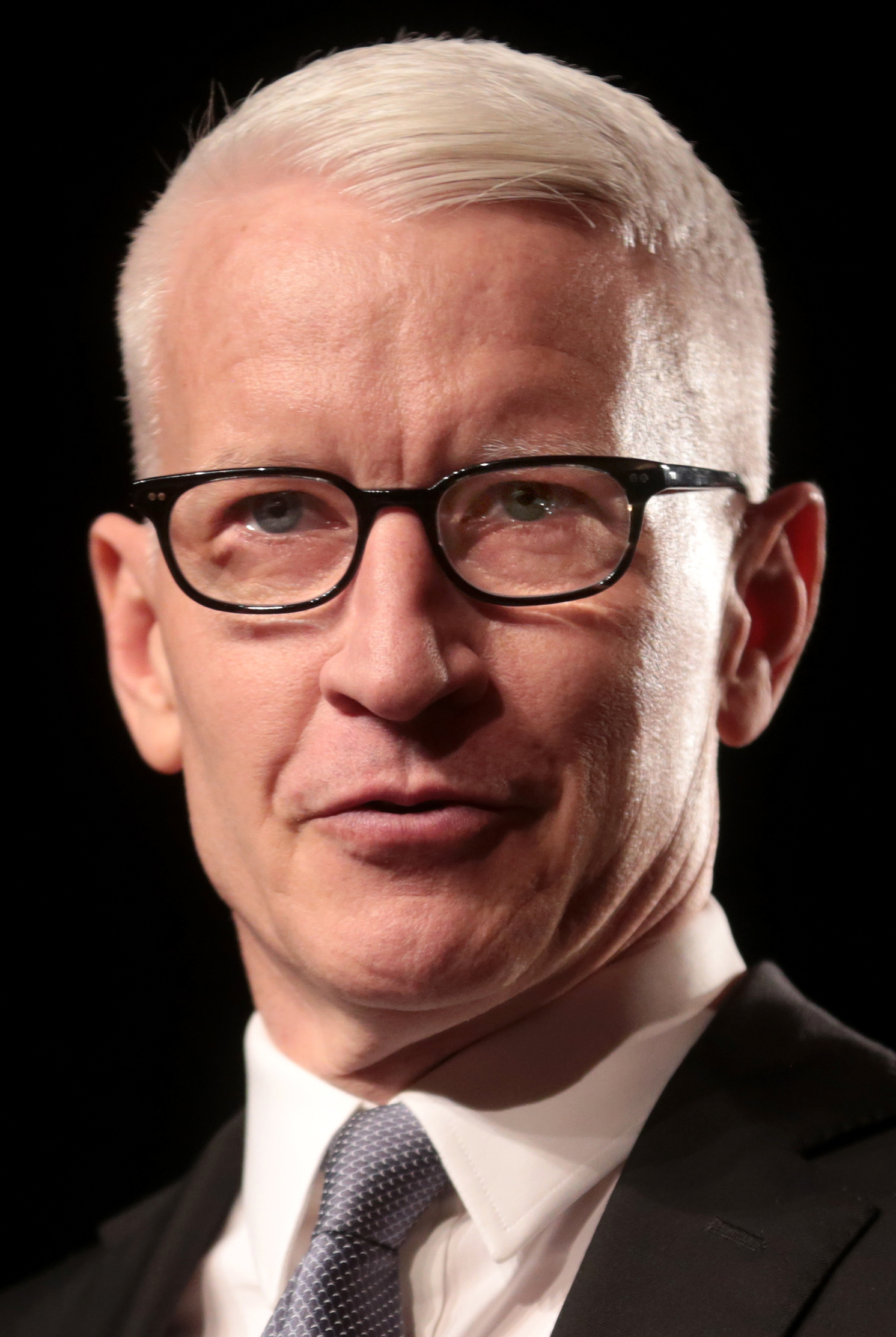If someone knows me and likes me or my work, they’re more likely to allow me to tell their story. But it also cuts the other way.
Meaning of the quote
If people know you and like you or your work, they are more likely to let you tell their story. But that can also work in reverse - if they don't like you or your work, they may not want you to tell their story.

About Anderson Cooper
Anderson Cooper is an acclaimed American broadcast journalist and political commentator. He currently hosts the CNN news show Anderson Cooper 360u00b0 and also works as a correspondent for CBS’s 60 Minutes. Cooper has won numerous awards, including 18 Emmys and 2 Peabody Awards, for his exceptional journalism and coverage of major news events around the world.
Tags
More quotes from Anderson Cooper
I’ve been addicted to TV since I emerged from the womb.
American journalist (born 1967)
A lot of compelling stories in the world aren’t being told, and the fact that people don’t know about them compounds the suffering.
American journalist (born 1967)
I think it’s a good thing that there are bloggers out there watching very closely and holding people accountable. Everyone in the news should be able to hold up to that kind of scrutiny. I’m for as much transparency in the newsgathering process as possible.
American journalist (born 1967)
I think you have to be yourself, and you have to be real and you have to admit what you don’t know, and talk about what you do know, and talk about what you don’t know as long as you say you don’t know it.
American journalist (born 1967)
That’s the thing about suicide. Try as you might to remember how a person lived his life, you always end up thinking about how he ended it.
American journalist (born 1967)
The whole celebrity culture thing – I’m fascinated by, and repelled by, and yet I end up knowing about it.
American journalist (born 1967)
The world reacts very strangely to people they see on TV, and I can begin to understand how anchor monsters are made. If you’re not careful, you can become used to being treated as though you’re special and begin to expect it. For a reporter, that’s the kiss of death.
American journalist (born 1967)
I suppose if you’ve never bitten your nails, there isn’t any way to explain the habit. It’s not enjoyable, really, but there is a certain satisfaction – pride in a job well done.
American journalist (born 1967)
I can begin to understand how anchor monsters are made. If you’re not careful, you can become used to being treated as though you’re special and begin to expect it.
American journalist (born 1967)
Anyone who has experienced a certain amount of loss in their life has empathy for those who have experienced loss.
American journalist (born 1967)
I imagine a lot of people tune in simply to watch reporters get bitch-slapped by Mother Nature, and frankly, who can blame them?
American journalist (born 1967)
Anyone who says they’re not afraid at the time of a hurricane is either a fool or a liar, or a little bit of both.
American journalist (born 1967)
If someone knows me and likes me or my work, they’re more likely to allow me to tell their story. But it also cuts the other way.
American journalist (born 1967)